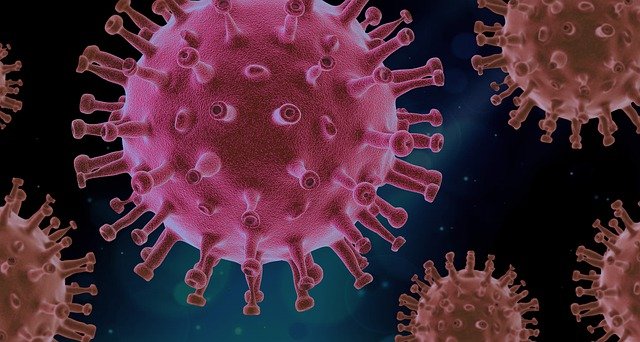Sotrovimab – a treatment for COVID-19 – is an antibody therapy that has been created to attach to the spike protein of the SARS-CoV-2 virus. It is administered as an IV infusion, in one dose.
In pre-clinical animal studies, researchers confirmed that this antibody is able to bind to and ‘neutralize’ SARS-CoV-2. This means that by binding to the spike protein, the antibodies prevent the spike protein from binding to the ACE2 receptor and prevent the virus’ entry into cells.
In a clinical trial, patients were randomly assigned to treatment groups. Specifically, the trial included patients who were unvaccinated and who were at high risk of complications from a COVID-19 infection.
The study of 583 patients reported that sotrovimab treatment was able to reduce hospitalization and death in patients at risk of severe COVID-19.
Some side effects that are most common with this type of treatment include infusion-related reactions, for example, fever or chills, nausea and vomiting.
What about variants?
As the pandemic continues and more variants begin to circulate, there is some concern that vaccines and treatments may not be as effective against the SARS-CoV-2 virus.
In pre-clinical studies, researchers were able to confirm that sotrovimab is able to bind to and neutralize the virus – even variants of concern.
References:
- Sotrovimab for COVID-19. (2021). Australian prescriber, 44(5), 175. https://doi.org/10.18773/austprescr.2021.051
- Brobst B, Borger J. Benefits And Risks Of Administering Monoclonal Antibody Therapy For Coronavirus (COVID-19) [Updated 2021 Aug 30]. In: StatPearls [Internet]. Treasure Island (FL): StatPearls Publishing; 2021 Jan-. Available from: https://www.ncbi.nlm.nih.gov/books/NBK574507/
- Dolgin E. (2021). ‘Super-antibodies’ could curb COVID-19 and help avert future pandemics. Nature biotechnology, 39(7), 783–785. https://doi.org/10.1038/s41587-021-00980-x
- Image by PIRO4D from Pixabay



